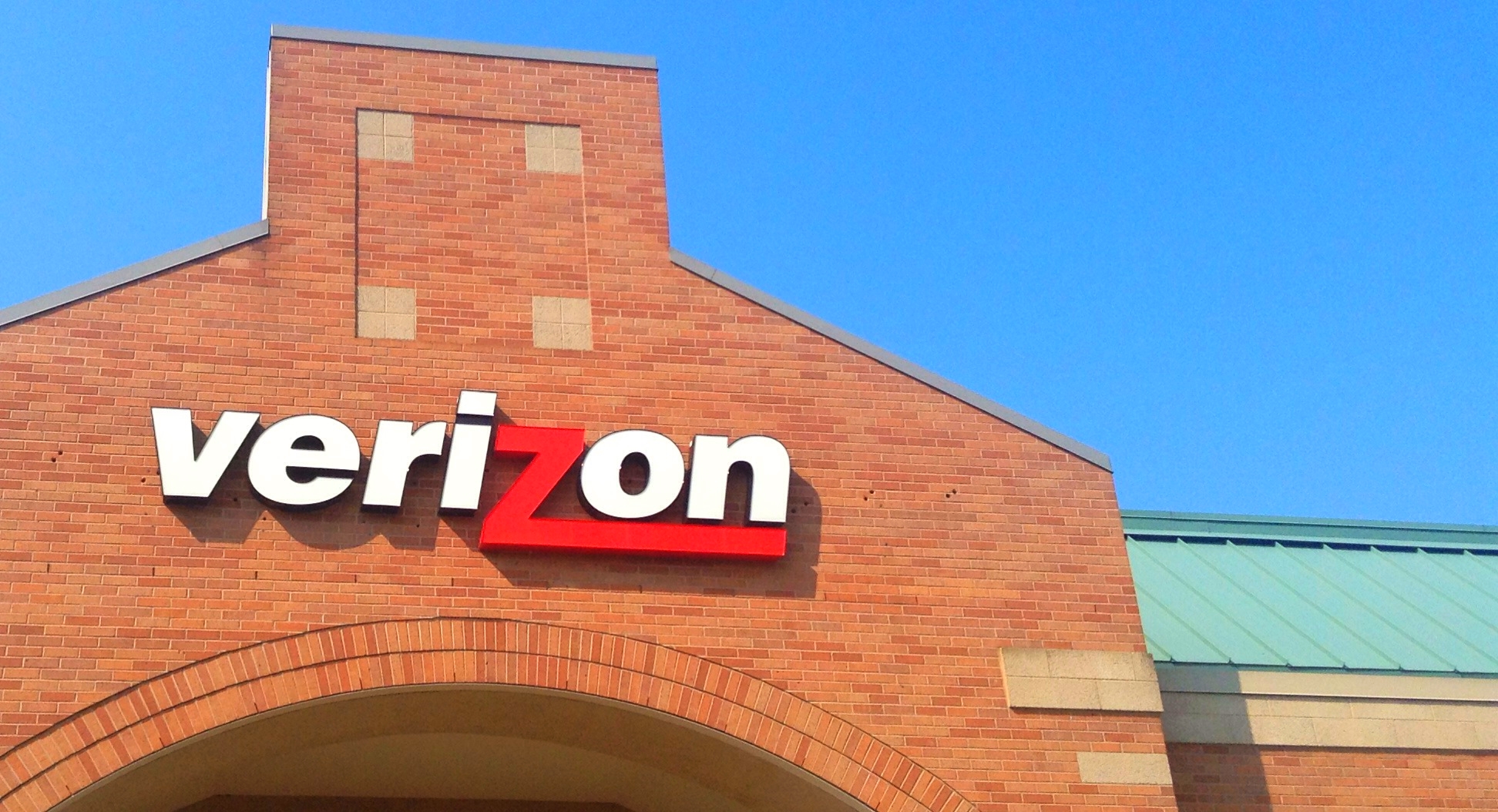Verizon Abandoning 8,500 Rural Customers Is Proof that Wireless Is Not Broadband

Credit to Author: Kaleigh Rogers| Date: Tue, 19 Sep 2017 17:59:55 +0000
Over the past few weeks, Verizon has been breaking up with thousands of customers in rural America. It’s a move that’s left many people without any options for cell phone and internet use, and one that highlights the fact that wireless is not a substitute for wired broadband—despite what the Federal Communications Commission wants you to believe.
Verizon has notified 8,500 customers via letter that it will “no longer be their service provider after October 17, 2017,” because these customers have been using “a significant amount of data” while roaming on partner networks. Customers in Alaska, Idaho, Iowa, Indiana, Kentucky, Maine, Michigan, Missouri, Montana, North Carolina, Oklahoma, Utah, and Wisconsin have been affected, a Verizon spokesperson told Ars Technica . Many of these customers were on unlimited data plans, but are still being cut off for using too much data.
The issue is that, in many rural and remote communities, Verizon had partnered with smaller, local carriers. Verizon would lease spectrum rights to the regional partners, which would let Verizon customers use those local networks for free if they were outside of Verizon’s range (they might have Verizon coverage at work but not at home, for example). But Verizon had to pay roaming fees for this deal, and seems to have miscalculated how expensive those fees would be, particularly with the popularity of unlimited data plans.
“In a lot of these places, people are on Verizon because they don’t have any other options,” said Christopher Mitchell, director of community broadband networks for the Institute for Local Self-Reliance, a nonprofit that advocates for local solutions for sustainable development. “They probably want to have a good, fixed access like cable or fiber. So when Verizon kicks them off, they have nowhere else to go. They were already on their last resort.”
Mitchell pointed out that the timing of this purge is significant, because it coincides with the last few days the public has to submit comments to the FCC on a proposal to change the definitions of broadband to include wireless service. In other words, if you have a cell phone with some data coverage, that would be just as good as fiber broadband to your home.
“If Verizon or AT&T can just willy-nilly kick people off that network, it makes a mockery of the idea that that’s a satisfactory approach for those rural areas,” Mitchell said.
Though some of the customers have access to wired broadband, others had relied on Verizon’s network as their only internet access—tethering to computers or using hotspots to get online. Not only is this not ideal, but Verizon’s move demonstrates that it’s not a sustainable alternative to actually building out broadband infrastructure in communities that need it.
“Even if you get past all of the unreliability, it turns out unlimited isn’t unlimited,” said Harold Feld, the senior vice president at digital-rights advocacy group Public Knowledge. “It’s just a straight-up cost issue, which means rather than playing funny games with the definition it would be nice if we actually looked the problem square in the face.”
Get six of our favorite Motherboard stories every day by signing up for our newsletter.